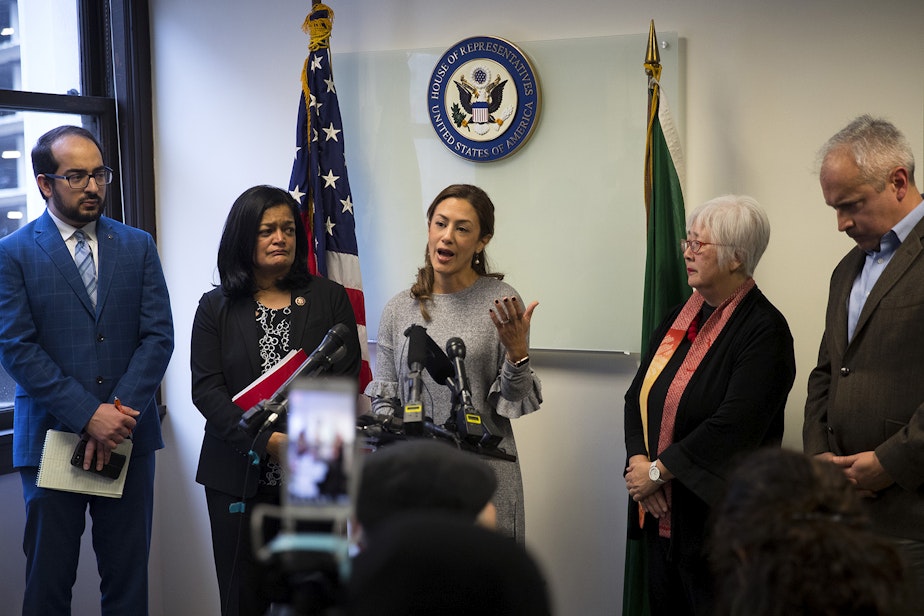What really happened to Iranian-Americans at the Canadian Border?

The Council on American-Islamic Relations (CAIR) Washington is suing U.S. Customs and Border Protection for information on why the agency held Iranian-Americans at the border.
The lawsuit comes after an estimated 200 people were stopped in January when trying to enter back into Washington state through the Blaine port of entry between the U.S. and Canada.
Some were held for hours even though they had proper identification and were U.S. citizens or legal permanent residents.
CBP admits Washington border officers 'overzealous'; critics say Iranians and others targeted
The lawsuit demands that border officials release their internal communications about why the stops happened.
The border patrol initially denied that its agents targeted Iranian-Americans because of their country of origin but on Tuesday the agency's commissioner admitted agents got "a little overzealous" in that incident.
This comes after the newspaper The Northern Light published a leaked bulletin allegedly ordering CBP agents to stop people of Iranian nationality.
Sponsored
The Northwest Immigrant Rights Project (NWIRP) has filed the lawsuit in federal court on behalf of CAIR-WA.
Matt Adams, an attorney with NWIRP says, "The point is that these enforcement activities violate individuals constitutional rights and unless we get a clear picture of what they've done, of who was responsible for these enforcement activities, they are bound to repeat. And that's what we're hoping to avoid."
U.S. Customs and Border Protection, in a statement, says "CBP does not comment on pending litigation. However, lack of comment should not be construed as agreement or stipulation with any of the allegations.”




